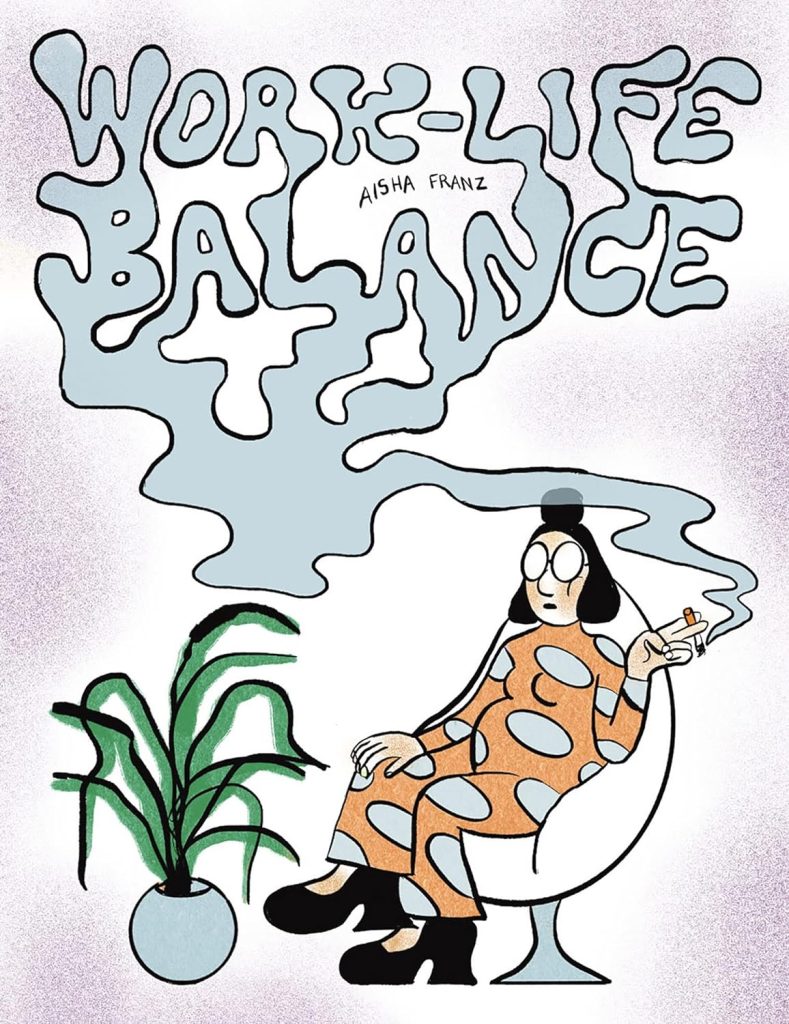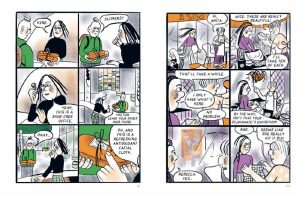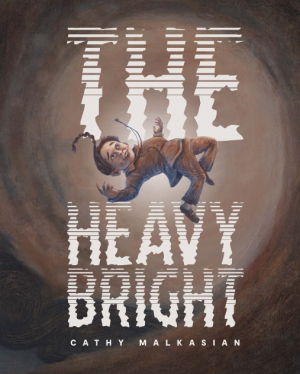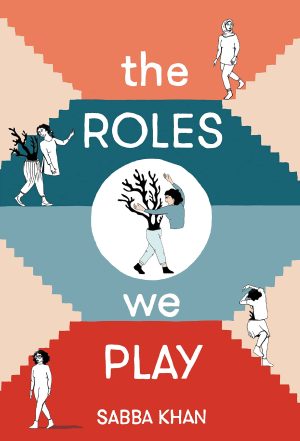Review by Frank Plowright
Anita studied sculpture, yet earns an unfulfilling living selling trinkets on Etsy. Sandra has been instructed to see a therapist after workplace misdemeanours, but her obsession is cracking the influencer market with her wellness videos. Rex has been screwed by a mate at a fashionable new company that’s all pods and slippers, but has old-fashioned attitudes when it comes to ripping off freelancers. Rex’s idea is better, but they were already working on something similar in-house and have decided to progress that. All three consult the same therapist, who has no interest in them, or their problems.
She’s the self-obsessed Dr Sharifi, who can’t hide her disdain, constantly fiddling as souls are bared, and can barely be bothered communicating with the clients during sessions, never mind any pleasantries afterwards. The flourishes of her appearance suggest someone more interested in projecting themselves than listening, her preferred polka dot ensemble echoing conceptual artist Yayoi Kusama. Yet despite this wall, just having someone to pour out their troubles to benefits the clients.
Aisha Franz satirises what’s become an all too recognisable present day, where the constant struggle of keeping one’s head above water prevents any kind of progress for most creative people. None of the three protagonists is able to take the step into something more fulfilling, and the constant stagnation prompts stress.
Pastel illustrations separate the chapters, which are drawn with naive expressionism. They convey what’s necessary, but in a businesslike and not especially attractive way, function prioritised over form in direct contrast to most attitudes supplied in the text. Such is the basic art that it takes a while to make connections between the supporting characters. The ‘friend’ that stiffs Rex is the same person being blackmailed by Sandra. Along the way Franz takes sideswipes at hollow fads such as Marie Kondo’s nonsense about telling your belongings you respect them.
Satisfactory resolutions are on the agenda, but the requirement is working outwith the system, acknowledging a redundancy. However, beyond that Franz doesn’t have any big point to make, and in satirising therapy the message is that there’s no-one really there when help is needed. It may be Franz’s personal experience, but discards those who need help. We drop in on the lives temporarily and drop out again, yet the few observations raising a smile don’t sustain a hefty book.





